The Ephrata Cloister
What looks like a simple quaint estate in rural Pennsylvania was in the 18th century home to a small monastic community.
In the middle of the 18th-century, a group of nearly 300 men and women in rural Pennsylvania retreated from their material lives and became part of the Ephrata Cloister, a religious community founded by a German immigrant named Conrad Beissel.
Beissel, a baker who was also a religious philosopher, left his homeland in 1720 when his ideas clashed with those of the German church and sought refuge in Pennsylvania. Here too, his radical thoughts about forms of worship became a cause of dissent at the new congregation.
In 1732, when he moved to the Cocalico region of Pennsylvania to live like a hermit, his followers or religious ‘solitaries’ joined him there and the Ephrata community came into existence.
It began as a small hermitage but soon grew in size and in 1735, Kedar, the first large building on the premises was constructed. Members lived in spartan dormitories and followed a strict daily timetable. While many of the members were celibate, a number of families also lived on the property, which soon extended across 250 acres.
Meditation and prayer were an integral part of days at the Cloister, as were chores, farming, and upkeep of the property. The group became well-known for its acapella music and German calligraphy. A fully functioning publishing center, complete with a paper mill, printing office, and bookbinding operation, was established on the premises.
Beissel’s death in 1768 triggered the slow decline of the Ephrata way of life, and his successor Peter Miller struggled to attract new followers and keep the movement alive. The remaining members formed the German Seventh Day Baptist Church and the buildings on the premises were repurposed and modified to serve new resident families.
In 1941, the structures of the Cloister were taken over by the Commonwealth of Pennsylvania and the original buildings were restored.
Today, visitors to the Cloister can walk through the once self-reliant property and see the restored interiors of the dormitories and workspaces, as well as Beissel’s house, to get a sense of its unique residents and their secluded lifestyle.
Know Before You Go
Note it's a $10 admission (for adults, $6.00 for children) and they are only open Thursday through Sundays.
Community Contributors
Added by
Edited by
The Atlas Obscura Podcast is Back!




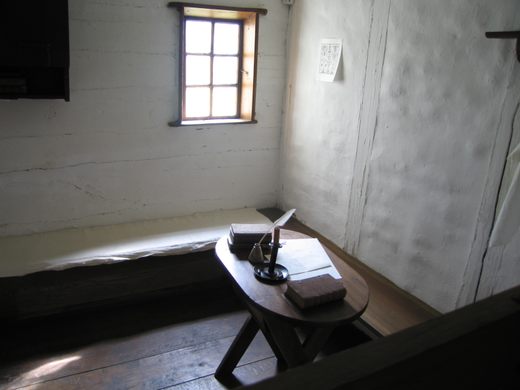
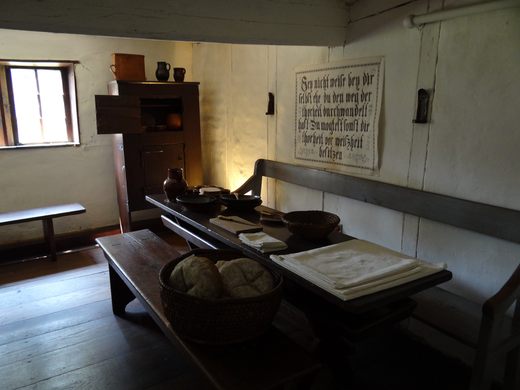
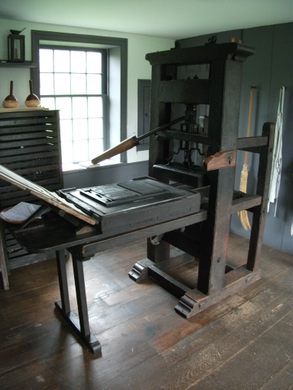
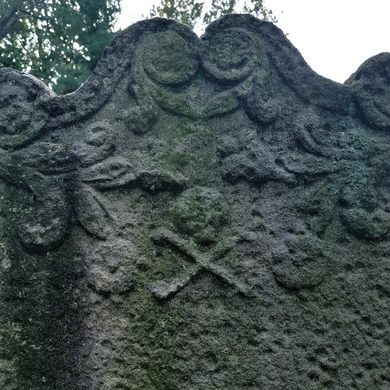


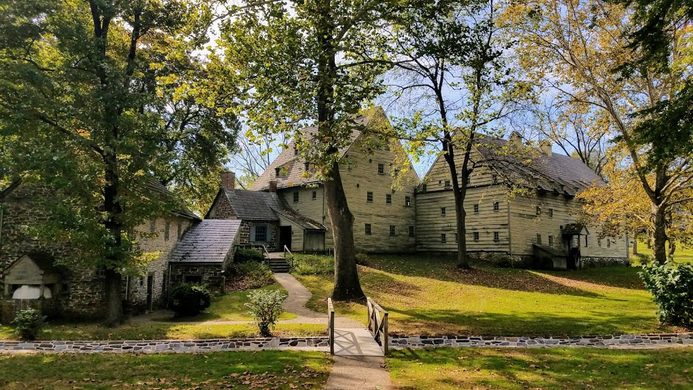

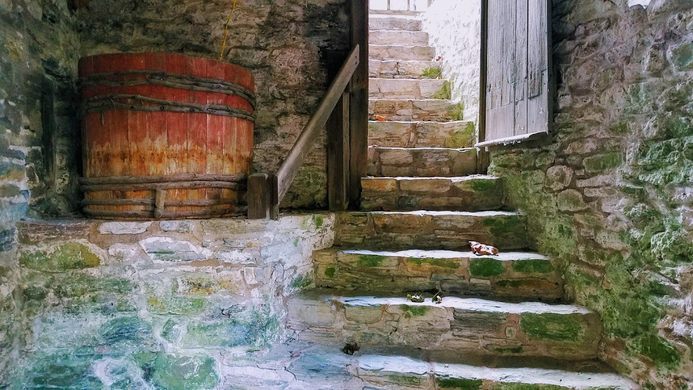
















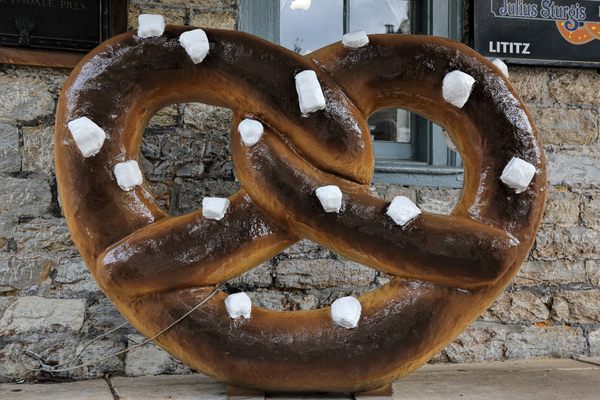

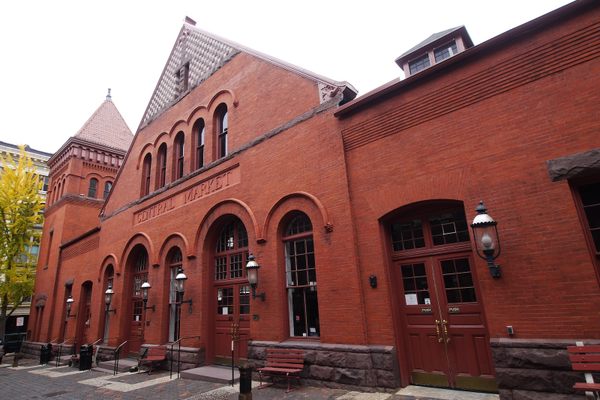

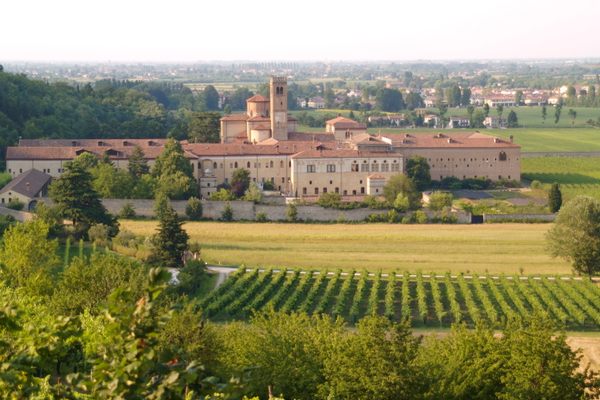
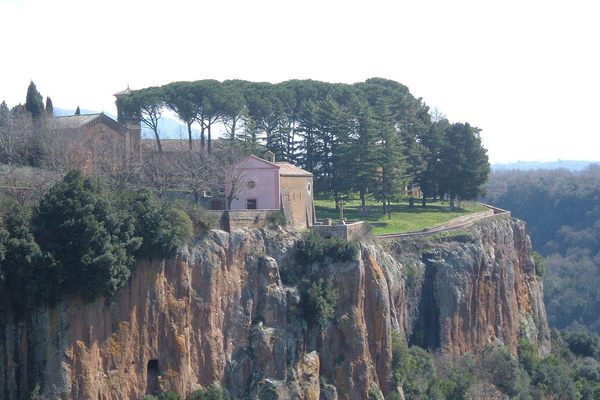


Follow us on Twitter to get the latest on the world's hidden wonders.
Like us on Facebook to get the latest on the world's hidden wonders.
Follow us on Twitter Like us on Facebook